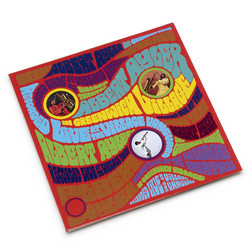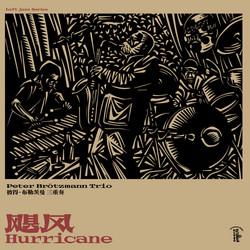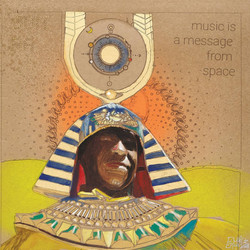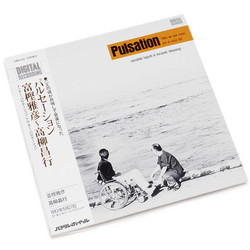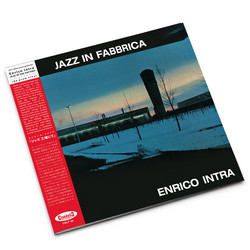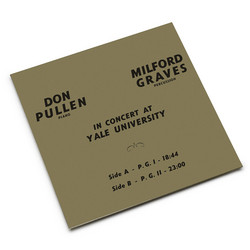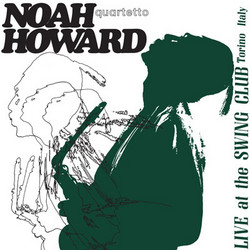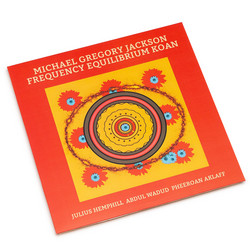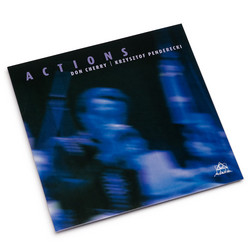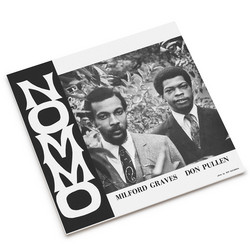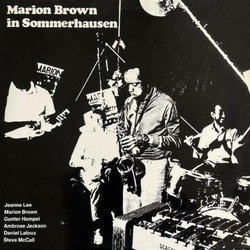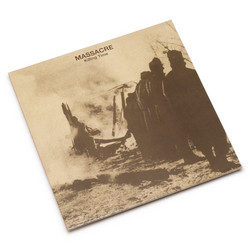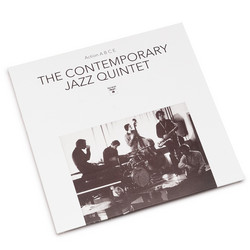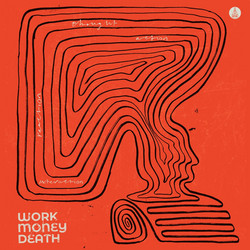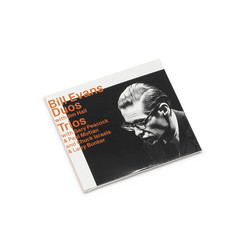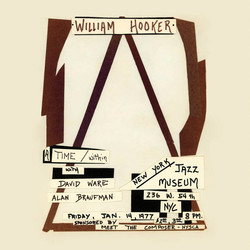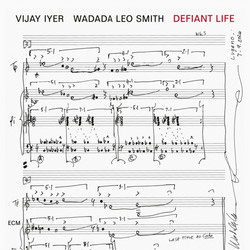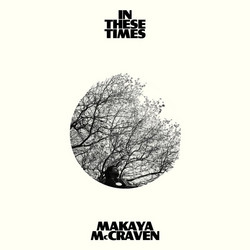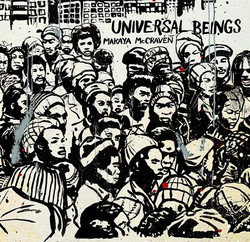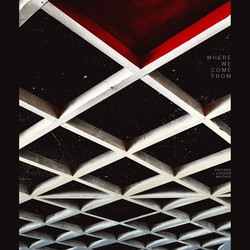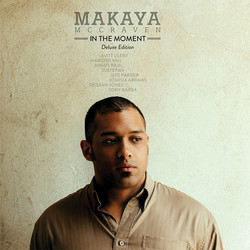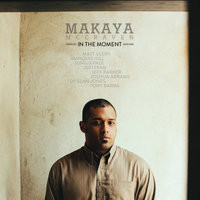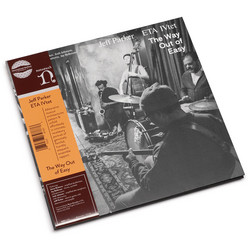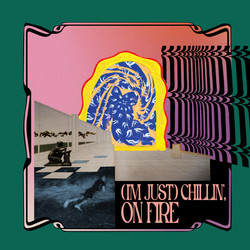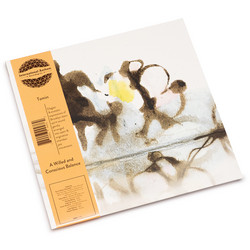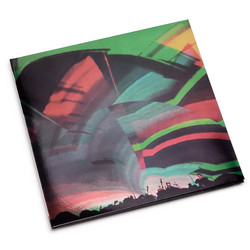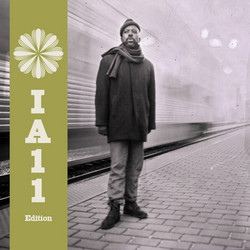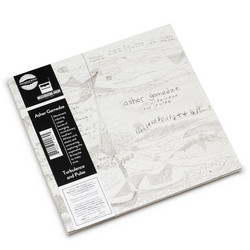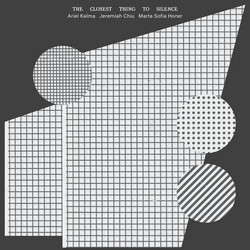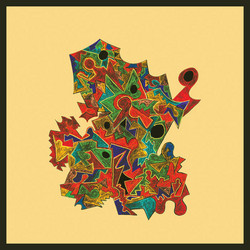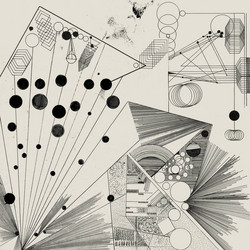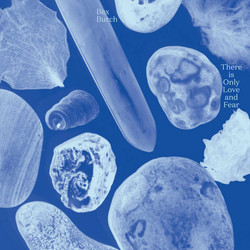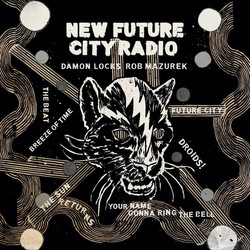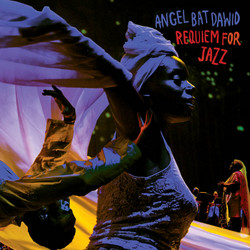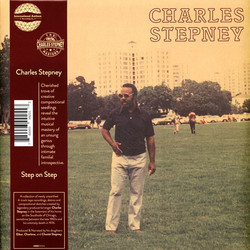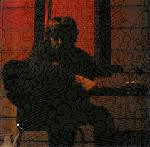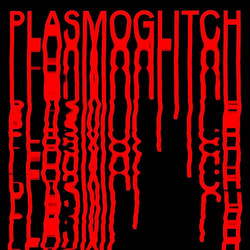Makaya McCraven
In The Moment
One venue, 28 shows and 48 hours of live, improvised music. These are the ingredients for Chicago-based drummer Makaya McCraven's album In the Moment. However, McCraven, as the producer he also is, has not just thrown some random sounds together. Instead, he has carefully culled, cut and remixed the music into a coherent whole and 19 complex and catchy compositions emerge from his hands. The meeting between completely fresh improvisations from some of Chicago's finest musicians and the shrewd sense of structure from McCraven makes the album successful. It simply has the best of both worlds. The production is not too sterile or cerebral, but has the spark and intimacy of live improvisation and the improvisations benefit from the editing and become tuneful and bodily grooves without meandering. Many of the compositions are short, between 2 and 5 minutes, but on "First Things First" McCraven really stretches out and digs deep into a groove with bass and Justafan's vibraphone. The presence of guitarist Jeff Parker on several tracks is an added bonus. He sculpts sounds from his instrument and plays melodic licks and the Chicago-sound, a mixture of post-rock and jazz from bands like Tortoise and Isotope 217, also finds a way into the music. However, McCraven is his own man with his own sound and his connection with the hip-hop world is noteworthy. Some of the sophisticated grooves on the record, for instance "Finances" and "The Jaunt," are so catchy that they are almost waiting for an MC that picks up the mike. Vibes, trumpet, saxophone, bass and electronics add different colors to the painting that is the record and McCraven changes rhythms effortlessly, from swing and abstract cymbal coloration to tight grooves and beats. It says something about his versatility that all of a sudden he can break out into a drum 'n' bass-rhythm at the end of "The Jaunt." The spirit of this record is definitely jazz. It is music in the moment that deserves to be preserved. Perhaps, one day there will be a deluxe version of this album with all the raw cuts that will reveal just how much work McCraven has done to make all the pieces fit together. Think of Miles Davis and the work of Teo Macero on albums like In a Silent Way(Columbia, 1969). However, this is speculation. The fact is that McCraven has made a record that points to the future of jazz with an organic inclusion of many genres that all melt together in a unified and engaging expression.
Excerpt from allaboutjazz.com


